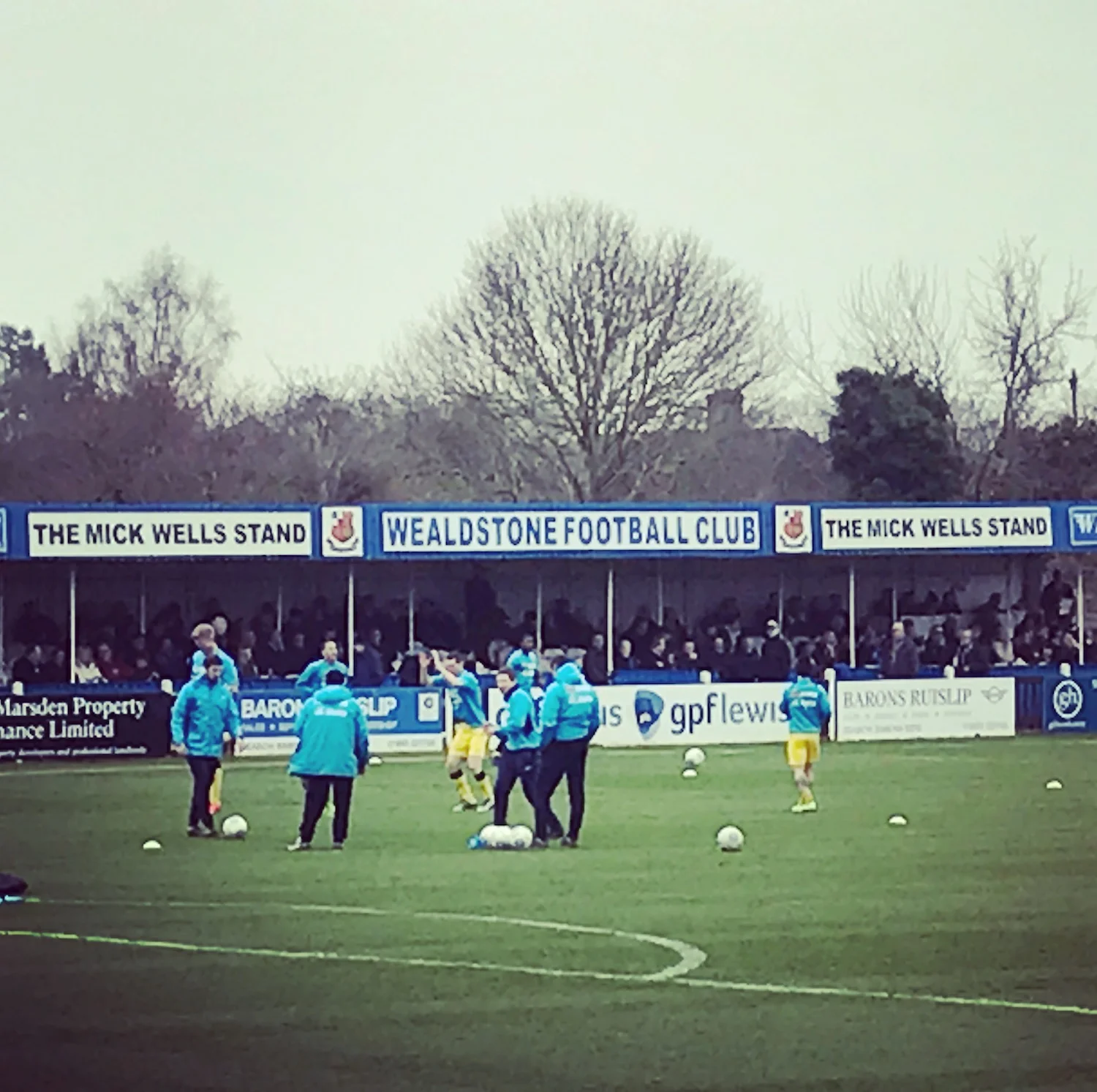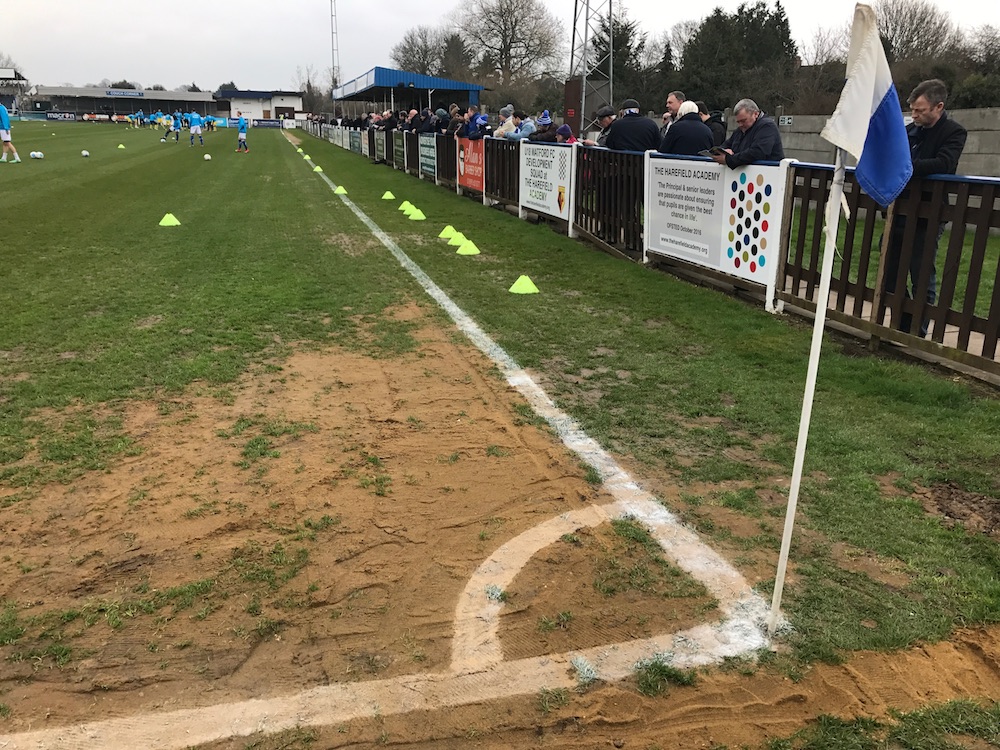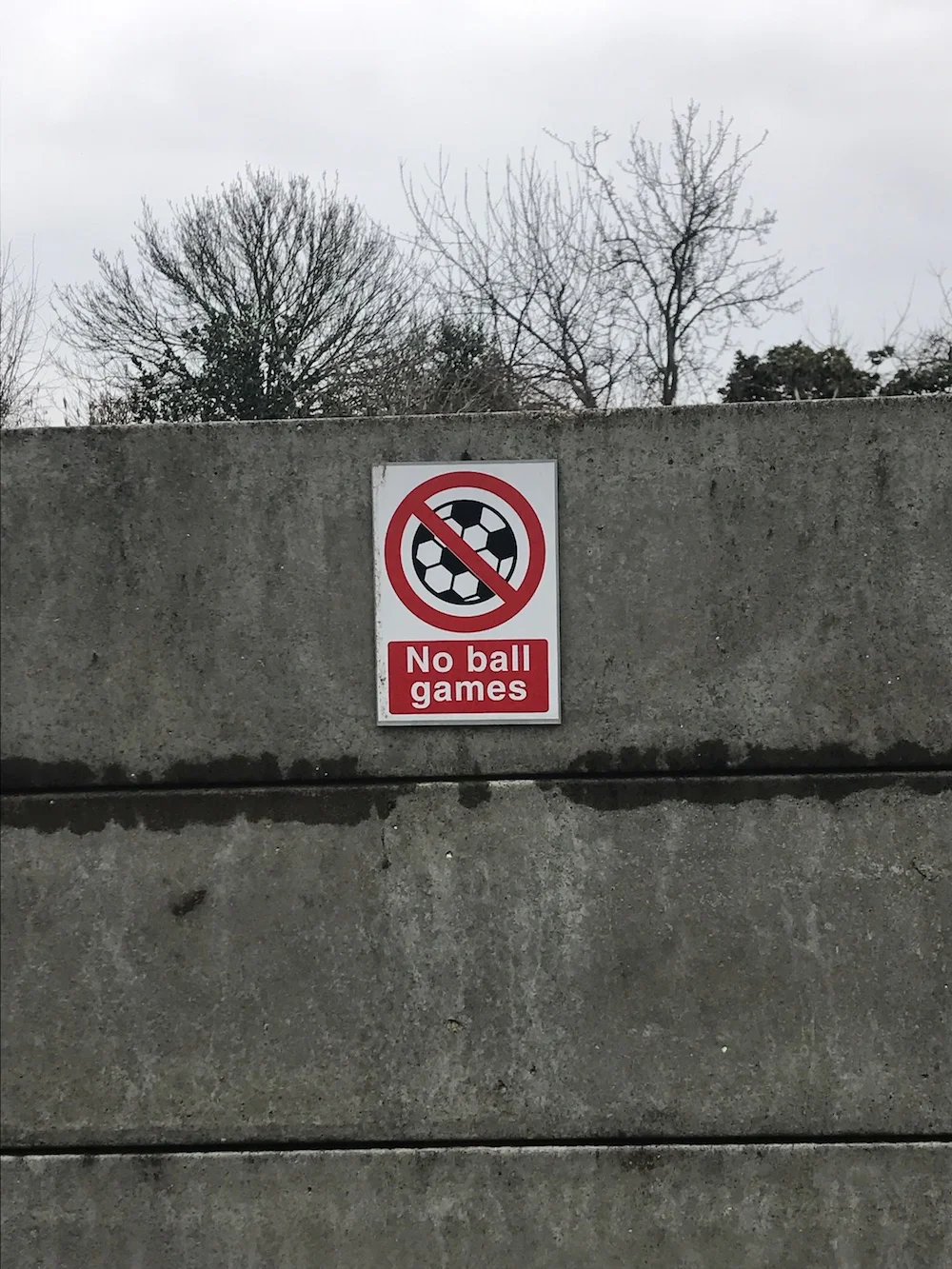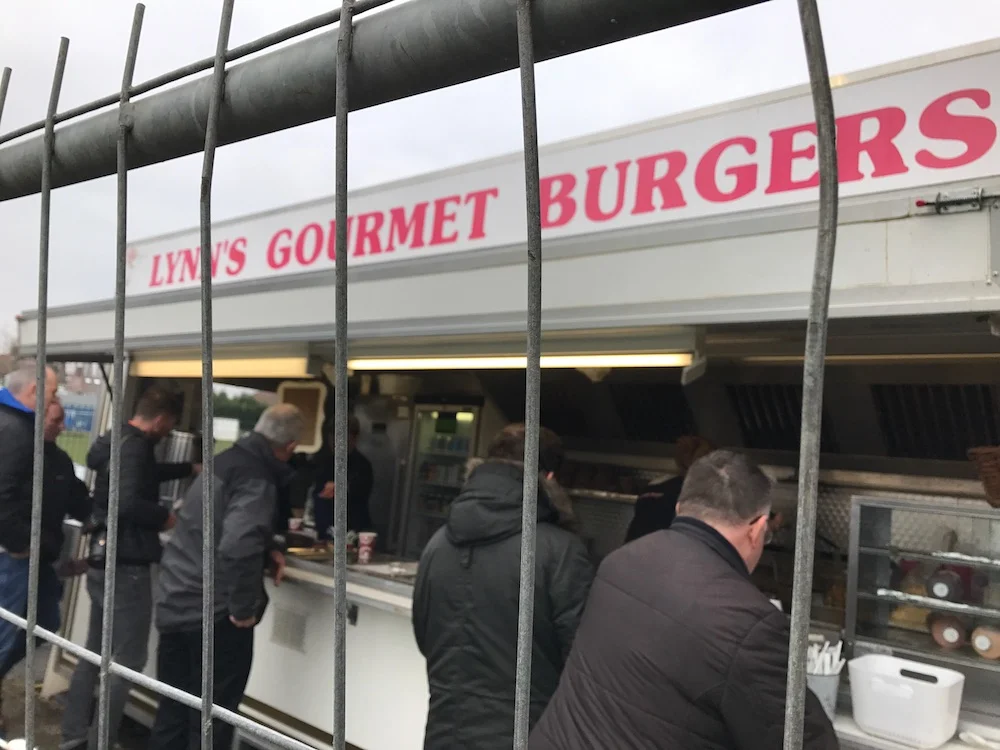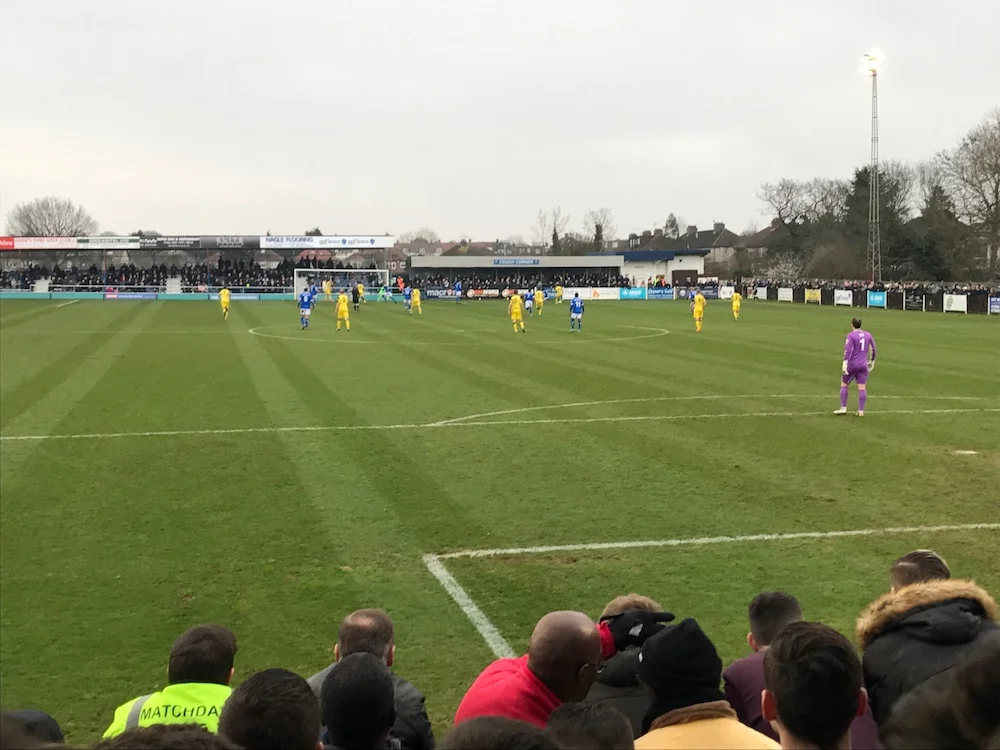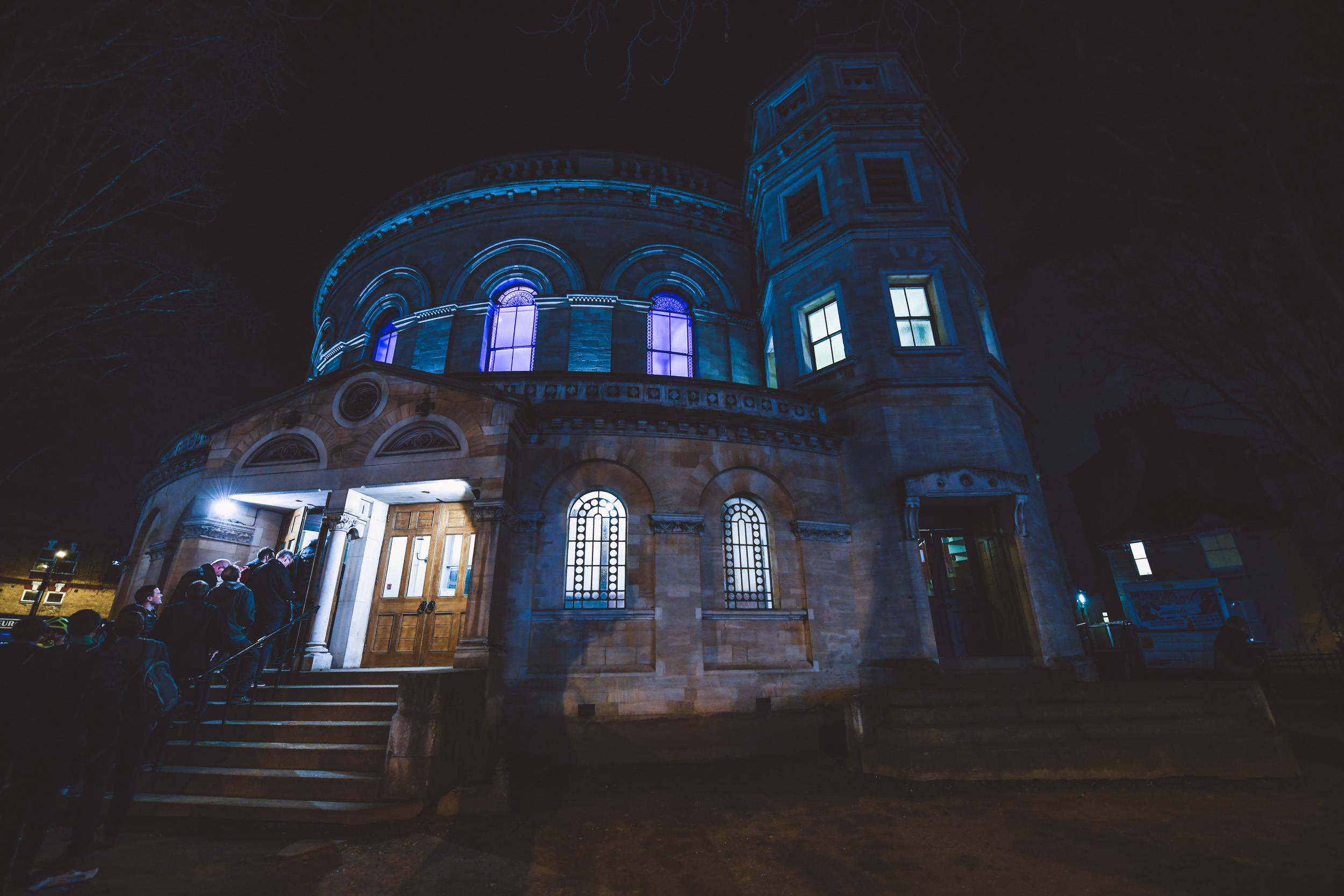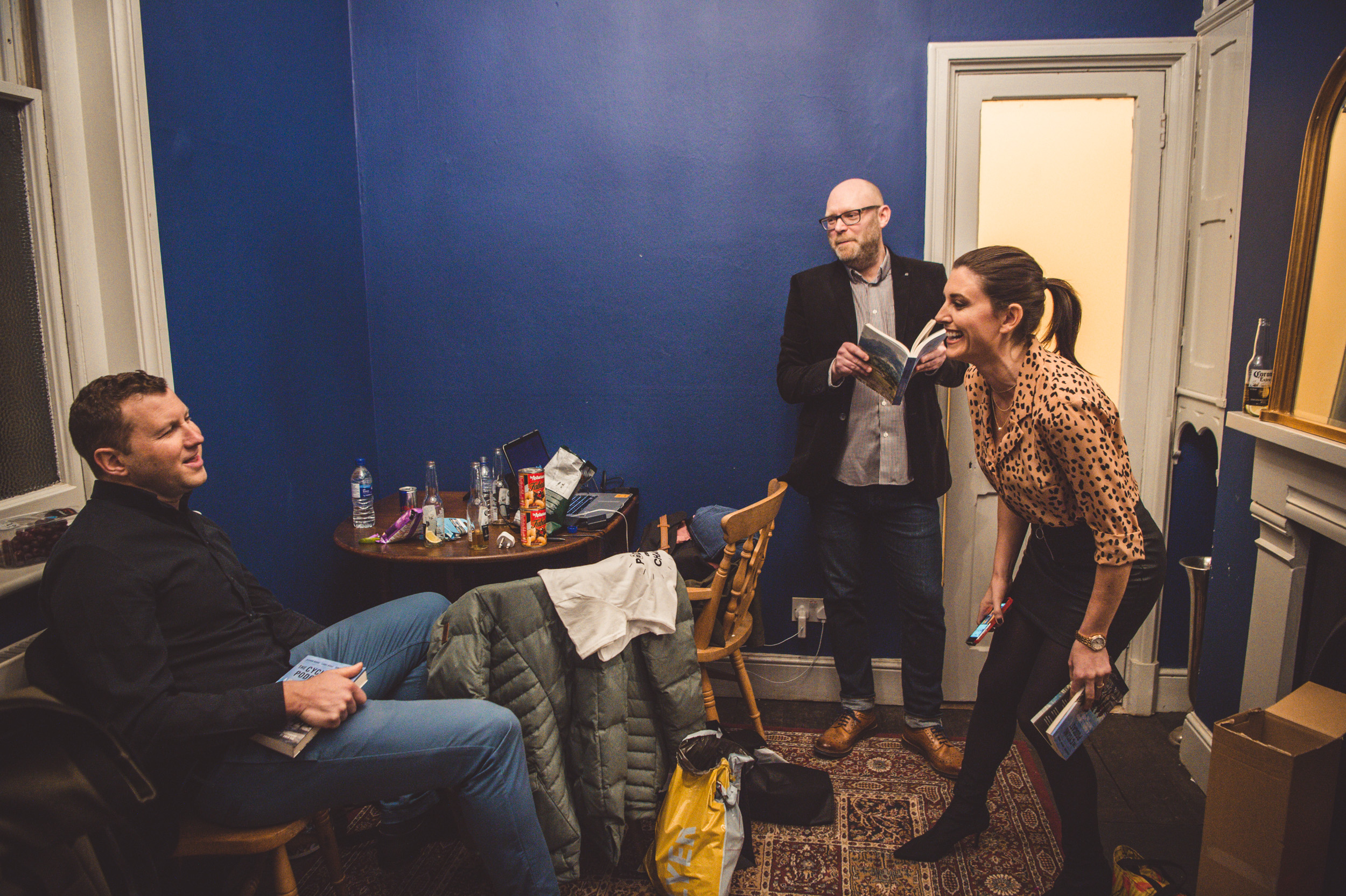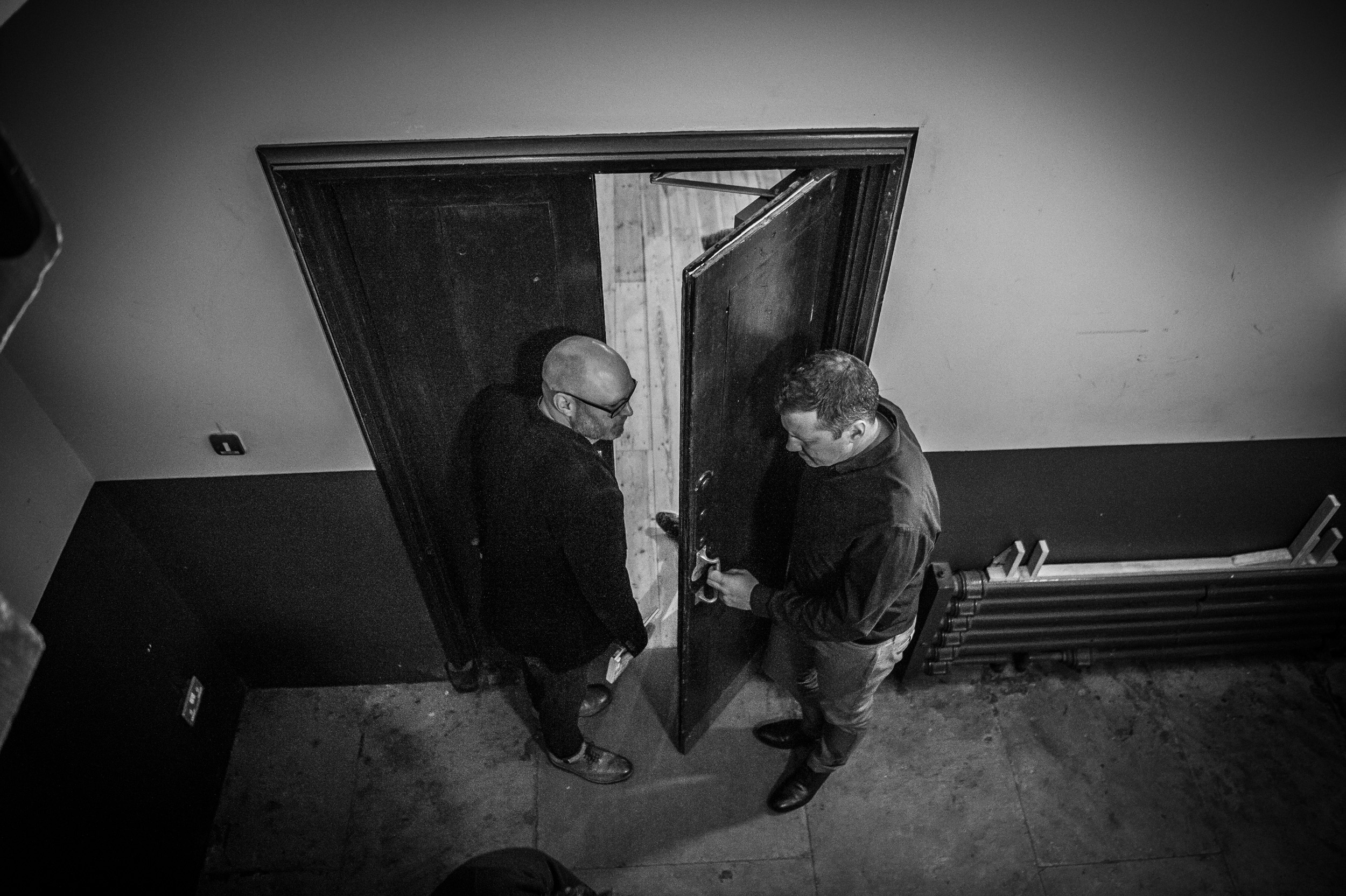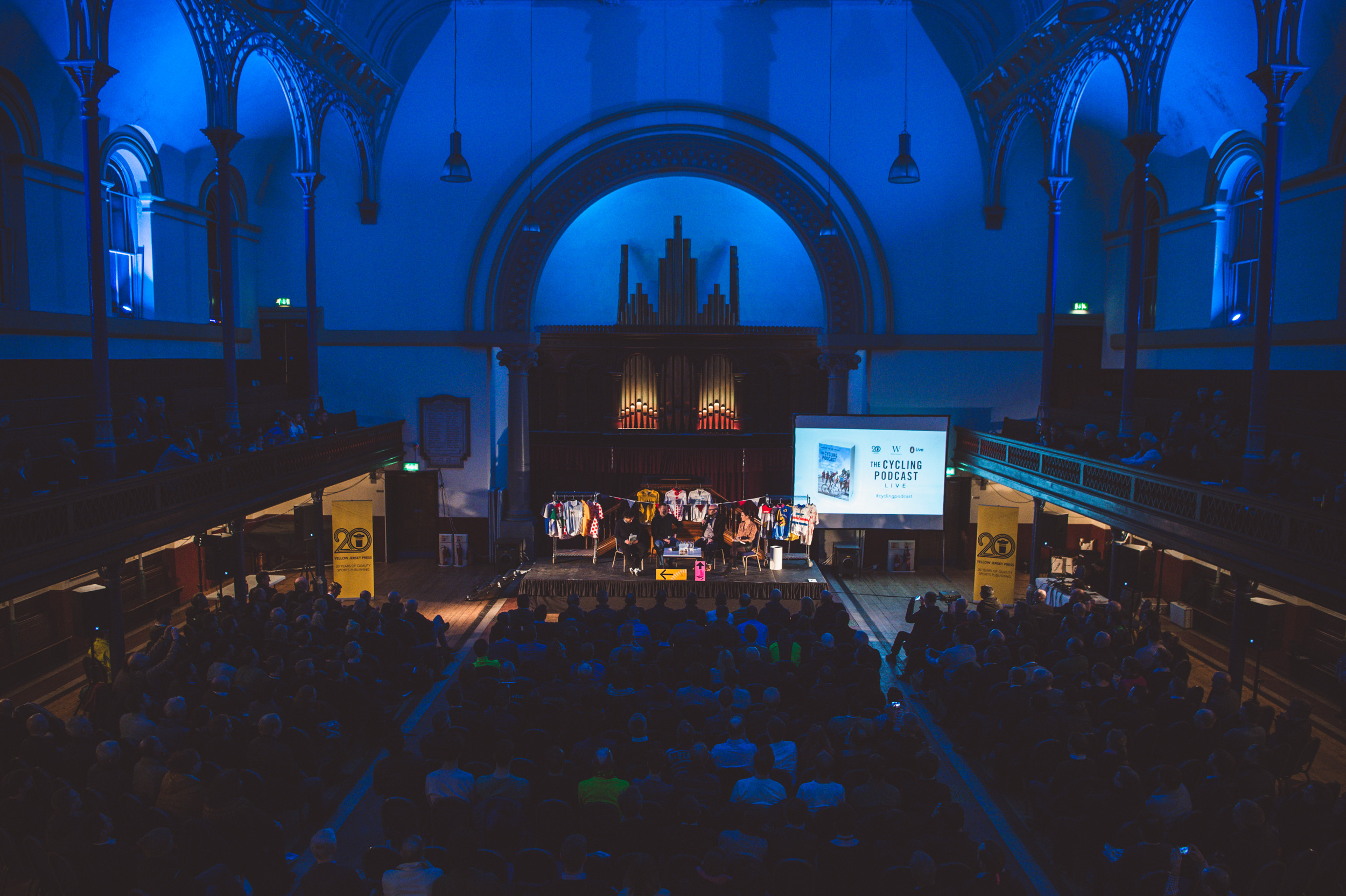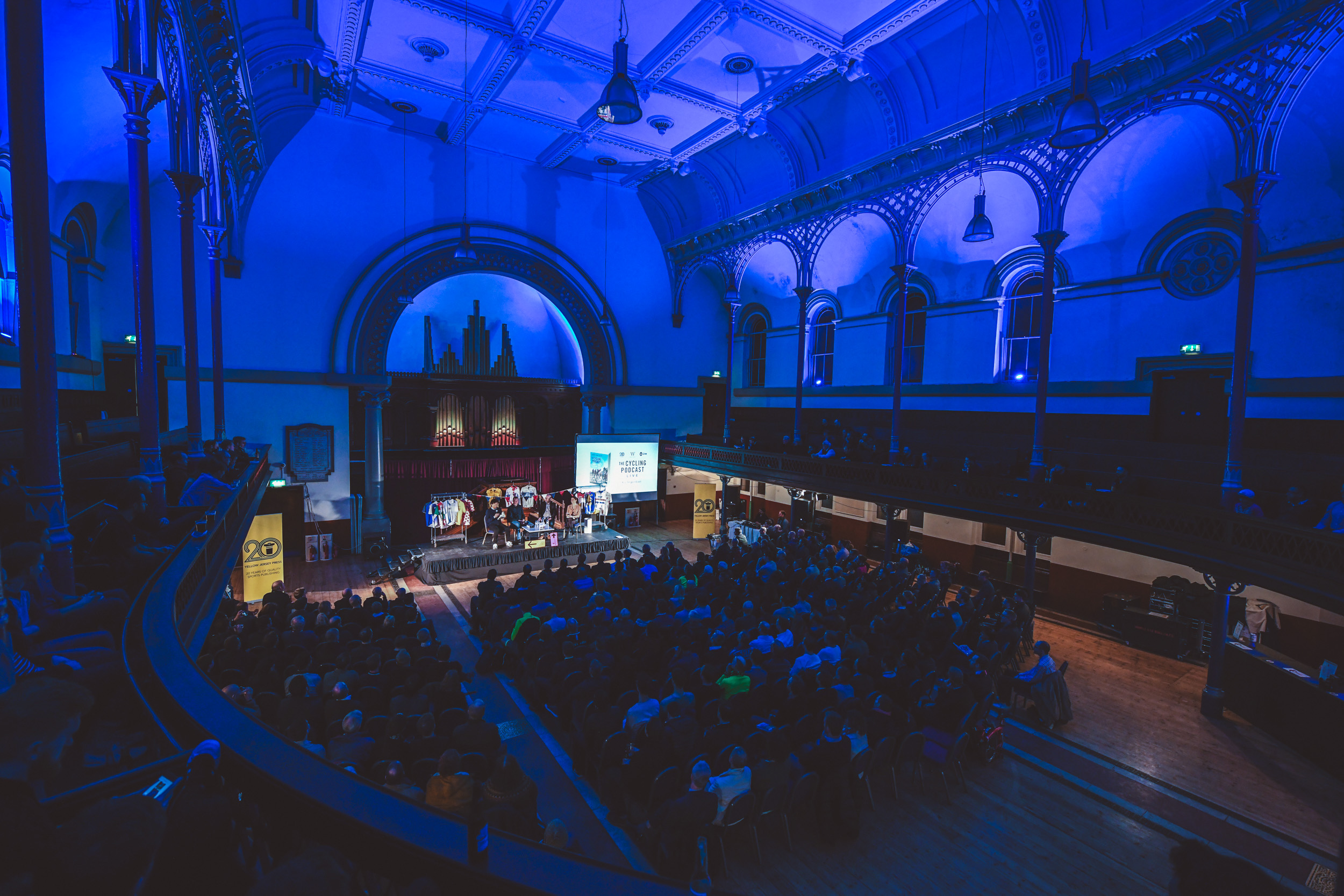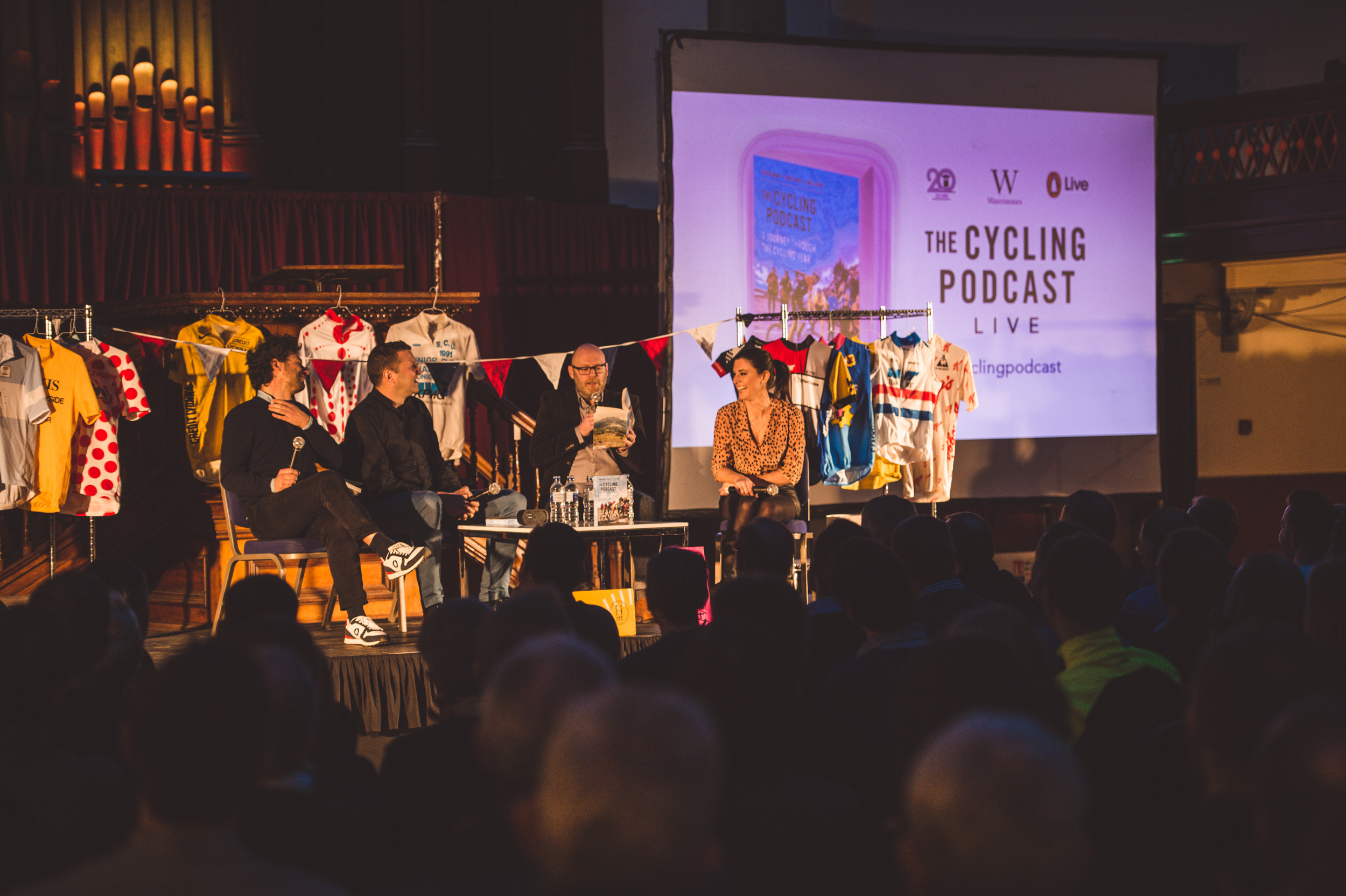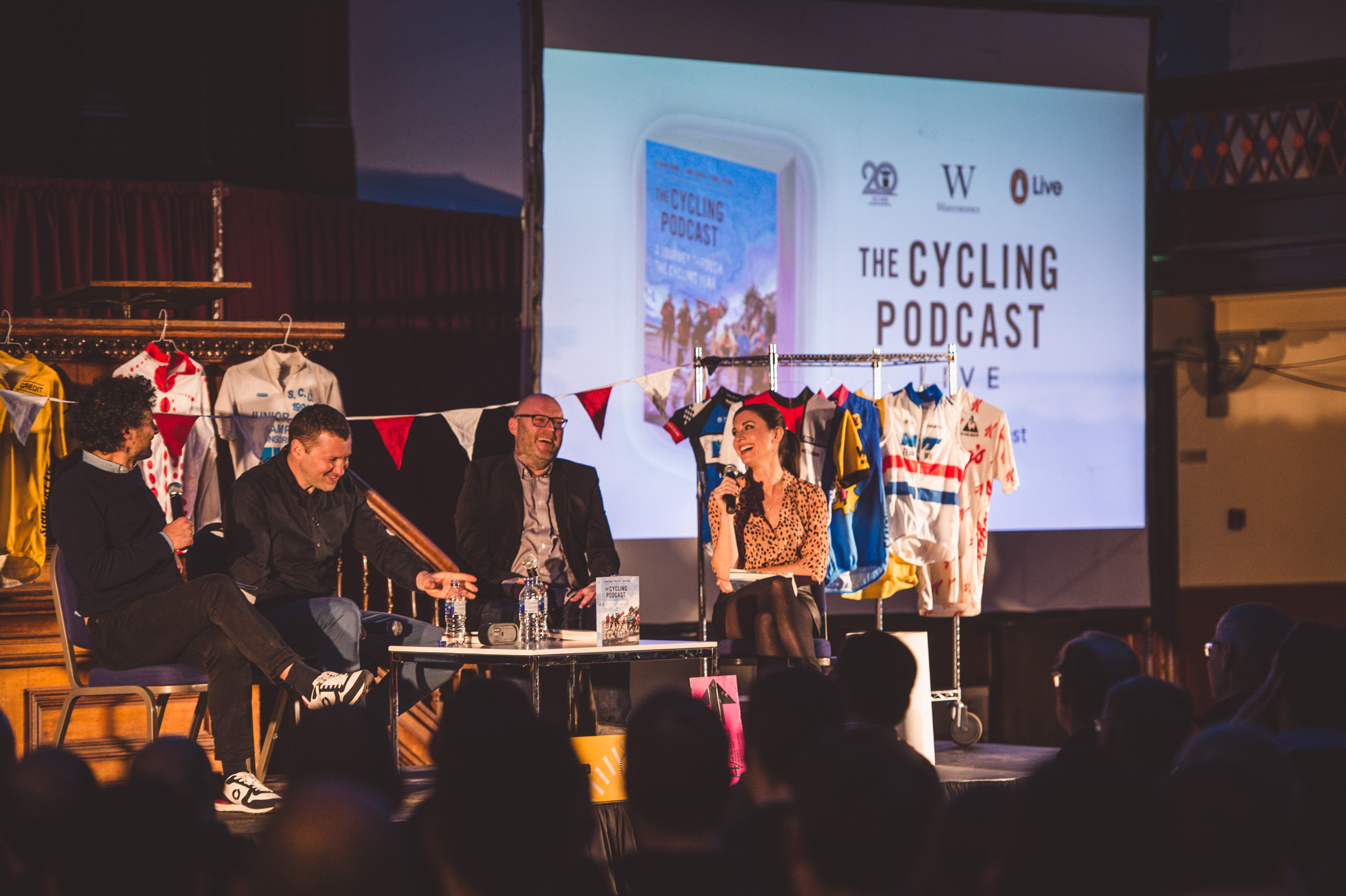There was a consequence to that interview, which was that Dave Brailsford and I did not speak for the best part of a year. I can already hear the exclamations. ‘Ah, so that’s why journalists don’t ask the tough questions, they’re worried about their access.’ In my experience that really isn’t the case. It’s never shaped my thinking and I doubt it has ever shaped the thinking of those colleagues in the press room I respect either. Being denied access is far less daunting than the prospect of sitting opposite someone and asking them a question you think is going to provoke a strong reaction. Besides, you can always write something if the key protagonists refuse to speak to you, although I think your understanding of things is likely to be hampered over time.
The Giro d’Italia started in Amsterdam and Bradley Wiggins won the prologue. I was writing for a Sunday newspaper at the time and so the fact Wiggins was obliged to come into the press conference made my life easier. Brailsford was elusive but he could just have been caught up in the celebrations – Team Sky had, after all, just taken the pink jersey on their very first day at a grand tour. The following morning I realised I was not imagining the cold shoulder. At the stage start, I asked Brailsford if he had a moment to talk and he sort of indicated he did then made an excuse which made me think he’d be back in a moment, then he hopped on the team bus and didn’t come out again. I stood there until the bitter end when the bus finally pulled away and the Giro rolled out of town.
Just before the start of the Tour de France, again in the Netherlands, there was a bizarre pre-Grand Départ press conference at Team Sky’s hotel on the Friday afternoon. The Netherlands were playing Brazil in the World Cup quarter-final that afternoon and the whole of Rotterdam seemed to be knocking off work early to watch the match, which meant the ring road was busy.
It was immediately obvious that we’d set off from the press room too late to make it to the hotel in time. Someone in our car made a call to Fran Millar of Team Sky to explain that most of the English-speaking media were running late and to ask if they would delay things 15 or 20 minutes.
The thing was, Team Sky had every incentive to wrap things up quickly because one of the riders in their debut Tour de France line-up was Michael Barry, a former US Postal Service rider. The net was beginning to close in on Lance Armstrong by now. Floyd Landis had revealed the extent of doping that had been going on at the US Postal Service team and Jeff Novitzky, an agent with the Food and Drug Administration was ramping up his investigation, which included compelling Armstrong’s former team-mates to talk to him under oath.
Team Sky and Michael Barry were sure to face questions about it. Paul Kimmage was also on his way to the press conference, and also stuck in traffic, and I knew he was very keen to speak to Barry.
When we arrived, everything had been wrapped up, the riders had gone back to their rooms and we all milled around like guests who’d turned up to a party just in time to help clear up the empties.
Kimmage, a former professional rider, the author of a book called Rough Ride that set the agenda when it came to talking about doping in cycling, and by now an award-winning sports journalist with The Sunday Times, had spent 2008 ‘inside’ the Garmin team at the Tour de France. He interviewed the riders and documented the race brilliantly. His long interview with Jonathan Vaughters, conducted before the race and published in The Sunday Times was, at the time, jaw-dropping. It was the first time I felt that the Armstrong story might finally get told, although that would take another four more years.
At some point during the 2008 Tour, the American rider Christian Vande Velde – previously of US Postal Service – told Kimmage about his own doping. I know this, because Kimmage told me about it over dinner in an Italian restaurant in Cuneo on the rest day during the 2008 Tour de France, while Vande Velde was lying fifth overall, just 39 seconds off the yellow jersey.
Of course, Vande Velde later confessed to his doping as part of the federal investigation into the US Postal Service team but at that time it was not known by the public.
If Paul disputes my account of this, that’s fine, I’ll concede my memory of everything is not perfect although I do remember this conversation very well. In any case, there are only three possible scenarios facing a journalist in his position on that occasion. Either the rider lied and the journalist didn’t spot the lie; or the rider told the truth and the journalist chose not to tell the story; or the journalist didn’t ask the question.
This is not a piece about Paul Kimmage but I think this anecdote demonstrates that even the most forensic of examiners wrestle with the complexities of discovering information in the first place and then working out how to put that information in the public domain, or not.
The point is, if the question of Michael Barry’s past was relevant in 2010, then the question of Vande Velde’s past was even more relevant in 2008, as he was in a five-way hunt for the Tour de France title. Garmin had skillfully negotiated the difficulty of hiring riders and staff who had previously doped by acknowledging the past (albeit selectively and at a time of their choosing when it came to the public). Sky had set out to have ‘no association with doping’ and unfortunately for them Michael Barry had had quite an intimate assocation.
Anyway, I could well understand Team Sky’s reluctance to let Kimmage travel with the team – he’s an intense character and his presence can unsettle even the most nerveless people. He has a piercing gaze, a directness that slices through any pretence at small talk, and a way of smelling bullshit from fifty paces, all of which have helped him be very good at what he does. But the thing is, he also sees the world in black or white. With him or against him. Friend or foe. Clean or dirty. There are no grey areas for Paul. Shades of grey are just points on a spectrum that inevitably leads to black.
So although I wasn’t feeling terribly disposed towards Team Sky that summer, I could understand why they didn’t want him travelling around with riders, especially if it was true that Kimmage’s presence on a pre-Tour training camp had caused tension. However, Team Sky retracting their invitation doesn’t necessarily mean that they wanted Kimmage out of the way so they could crack on with some industrial doping.
Just going back a bit, you might think, ‘Well, if you knew about Vande Velde’s past, why didn’t you write it?’ The simple answer to that is it wasn’t my story to tell. It was Vande Velde’s and, at a push, Kimmage’s and Kimmage had presumably taken the view, probably reluctantly, that having given his word he could not out Vande Velde. He made an understandable compromise.
Compromise is, for some, a dirty word where journalists are concerned. But being compromised is a very different thing to making a compromise. Compromise happens every day in every walk of life. In journalism it starts with the decision about what stories to cover – some are too expensive, will take too long, or are deemed by editors not interesting enough. Then there’s the copy itself. In the old days the physical space in a newspaper or magazine meant that compromises were made in more or less every column of copy. Stuff had to be cut, important information was prioritised but sometimes interesting detail got left out. Sub-editors sometimes make cuts that the writers would not have made, for a whole host of reasons.
The internet has in some ways made it far easier to tell a full story, to make fewer space-related compromises, and yet it’s even more difficult in other ways because we’re always being told that attention spans are shortening. No editor would indulge me to the extent that I am indulging myself by writing all this, for example. Perhaps you’ve got this far in the hope that there’s another mention of hedgehogs, I don’t know, but I can save you the bother if you like. There isn’t.
And most importantly the copy has to abide by the law of the land. I have seen people dismiss libel laws as if they are just a trifling inconvenience to be ignored. The old maxim ‘publish and be damned’ has been misunderstood to mean ‘publish at all costs’. No responsible outlet does that. The internet and social media has made it easier for people who don’t have their own newspaper to shine a light in some murky corners but it has also made it easier to make uncorroborated, unsubstantiated claims without any expensive comeback. There’s a sort of journalism à deux vitesses going on – those who are held to account, or potentially held to account, operate by one set of rules; those who aren’t work to another.
* * *
Back to Team Sky. Compared to their expecations they had a bad debut year and before the season had even ended they had begun to evaluate everything. They came to the conclusion that perhaps the parameters they had set for themselves were not helping performance. The final chapter of Richard Moore’s book, Sky’s The Limit, contains a fascinating account of that re-evaluation. You can almost hear the penny drop for Brailsford. They had realised they were operating too far inside the lines.
I remember learning at some point in the summer of 2010 that Dr Roger Palfreeman, who had been part of British Cycling’s medical team, had been tasked by Brailsford with writing a comprehensive medical code of practice for Team Sky but that on consulting the riders Brailsford had shelved it. I tried to ask Brailsford about this during the 2010 Tour but got nowhere. (I’d had to come home from the Tour early because a member of my family was unwell but I recall spending a fair bit of time on the phone trying to ask Team Sky about this).
Anyway, Richard’s book was enlightening. It is assumed, I suspect by people who have not actually read it, to be some sort of party political pamphlet for Team Sky. Possibly that’s because of the title, which Richard didn’t choose but did go along with. In fact, it’s a revealing account of their debut season and the final section is particularly interesting, especially when re-read now.
Brailsford talks about ‘the line’, using the blue line that used to feature on the back of the team’s jerseys as a visual metaphor. ‘You know, where the line is – between what’s allowed and what isn’t – in cycling it can sometimes be a bit blurred. But we will not go over it.’
Later on he says: ‘We need to have knowledge of what all the other riders and teams are doing in terms of performance enhancement – which doesn’t necessarily mean doping. But that whole side of the sport is something... It’s a topic that is ever-present.’
Dr Richard Freeman is also quoted. ‘In terms of illegal products it is clear where the blue line is. There is a grey area in terms of injections, for example, but we adhere completely to the WADA policy on needles.’
Towards the end of 2010, British Cycling’s head of media set up a meeting and I headed to a hotel at Heathrow airport to meet Brailsford for what would be described in tabloid-speak as ‘clear-the-air’ talks. He was less bullish than he had been before, as if the gruelling season and Bradley Wiggins’ failure at the Tour de France, where he had finished 24th, had dented him.
He said that the level of scrutiny and criticism the team had faced during their debut season had taken him by surprise. At the Giro d’Italia, the team had put up black screens to shield the riders as they warmed up for a time trial. It was more than a metaphorical wall between them and the public and press and they had not anticipated the negative reaction to it. As they saw it, allowing the riders to prepare for their race without being gawped at would aid their performance.
The conversation in the Heathrow hotel was informal, not on the record, but Brailsford agreed to an interview at a later date. Perhaps sensing my healthy scepticism about cycling in general, he also invited me to follow the team at a race of my choice in 2011 – although not the Tour de France because everyone would be too on edge there. I suggested the Critérium du Dauphiné in June, where Wiggins and the bulk of the Tour team would be completing their Tour preparations, and he agreed to that.
We had another coffee and Brailsford began to open up about the complexities of running a team that was often competing in two places at once. It sounded like a constant round of problem-solving. We talked a bit about what he’d learned and we talked about the definition of ‘clean’. Clean, he said, was not breaking the rules of the sport.
Context is everything with all this. EPO, blood transfusions and growth hormones had been the set menu of choice for professional cycling. Cortisone abuse was considered by some to be light doping, or not even doping at all. The topic of medication taken with official permission from the sport’s governing body was not even part of the conversation because it was dwarfed by the harder stuff. The investigation into Lance Armstrong and the United States Anti-Doping Agency’s reasoned decision would lay bare the grisly details. Glow times and frozen bags of blood, team buses pulling over so riders could have a post-race top-up. It would be years before we got past all that and the discussion would move on to asthma medicine and TUE forms.
Brailsford began to talk about his excitement and being able to build ‘his’ Team Sky. A lot of professional riders have two-year contracts and so when the team was being assembled, Brailsford could really only pick from riders who were coming to the end of their contract. Now the team was established they could strengthen. He explained his recruitment policy, a sort of Moneyball-inspired theory that broke his roster down into those who were able to deliver World Tour victories, those who were able to offer support at World Tour level and so on. He drew a chart on a napkin, with the rider age along the bottom of the chart and level of performance up the side. He drew a bell curve and explained that his model meant that expensive riders had to deliver results, potential and supporting riders could be cheap, and that once a rider’s performance began to tail off they had to be moved on. He plotted some of his riders on the chart based on their results in 2010. There was nothing too revelatory about that. All sports teams try to get the most out of their athletes and then move them on before they decline but I found it interesting and I asked him if we could reproduce it in the magazine.
Intially he said yes, then he said no, then he said yes again, then he asked if he could think about it. I took a snap of the napkin on my phone. I could understand his reluctance – would a rider in an unflattering position take kindly to seeing his place on the chart, even if it was based on pretty basic information that could not be disputed.
Early in 2011, I went up to Manchester again and spoke to Brailsford in his office. The feature was published in Cycle Sport and can be read here.
With Brailsford’s permission the magazine’s art department created an interpretation of his graph using my sketch and my assessments of where each of Team Sky’s riders would sit on the chart based on their performance in 2010. We made it clear in the caption printed below that the chart was our approximation of his criteria, not necessarily Brailsford’s actual assessment of his riders.
Chris Froome appeared in a pretty unflattering position on that graph – low in terms of results delivered but not young enough in age to be counted as raw potential. He was roughly in the same position as John-Lee Augustyn, who did not go on to win the Tour de France four times. However, based on his results in 2010, which were sparse, it was a fair position.
After Froome’s breakthrough performance at the 2011 Vuelta a Espana, and his subsequent dominance at the Tour de France, I’ve seen this graph cited by some online as a key exhibit in the case for the prosecution, proof of a near donkey-to-racehorse transformation.
I think back to 2007 and early 2008, when Doug Dailey of British Cycling raved about Froome’s potential and talked of his desire to ensure he was eligible to ride the 2008 Olympics for Great Britain. They felt he was raw, but talented. Not capable of winning a medal at that time, perhaps, but good enough to last well into the race. The Kenyan cycling federation blocked Froome’s application to change his nationality in time, so we did not find out that summer whether Dailey’s confidence was justified.
I mention this because it is an example of how anything can be used as evidence in an attempt to prove or disprove something. To someone who believes that Sky are on a par with US Postal Service, my interpretation of Brailsford’s graph that shed a bit of light on his team-assembling policy, is proof that Froome was a hopeless cyclist and his transformation into Tour champion is not credible the same way a moon-landing conspiracy theorist would refer to shadows on a flag as proof the whole thing was shot in the desert.
A couple of years later, as Froome was on his way to his first Tour de France win, the graph circulated on Twitter accompanied by incredulous comments. Brailsford, clearly a lurker on Twitter, had seen the Tweets. One morning at the start, he saw me and said, light-heartedly, ‘That bloody chart,’ and hopped on the team bus.
Part one
Part three











